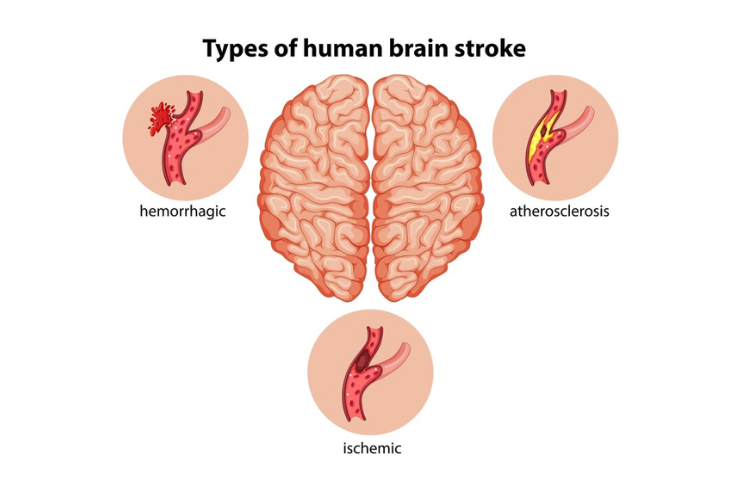
Understanding Stroke: Types and Symptoms
A stroke occurs when the blood supply to a part of the brain is interrupted or reduced, preventing brain tissue from getting the necessary oxygen and nutrients. This can lead to brain cells dying within minutes, making stroke a medical emergency that requires immediate attention. There are two main types of strokes: ischemic strokes, which result from a blockage in a blood vessel supplying the brain, and hemorrhagic strokes, which occur when a blood vessel bursts, leading to bleeding in the brain. Common symptoms of stroke include sudden weakness or numbness in the face, arm, or leg (especially on one side of the body), confusion, trouble speaking, difficulty seeing, and loss of balance or coordination. Dr. Pravallika Dutta, a neurologist specializing in stroke management, is dedicated to providing prompt, effective care to patients experiencing these life-threatening events.
Timely Diagnosis and Treatment Options
Rapid diagnosis and treatment are crucial in minimizing the impact of a stroke. Dr. Pravallika Dutta utilizes advanced imaging techniques, such as CT scans and MRIs, to quickly assess the type and extent of the stroke. Depending on the type of stroke, treatment options may include medications to dissolve blood clots (thrombolytics) for ischemic strokes or surgical interventions to repair damaged blood vessels in hemorrhagic strokes. Dr. Dutta is experienced in the latest stroke interventions and is committed to providing patients with the best possible outcomes through timely and appropriate treatment strategies.
Rehabilitation and Long-Term Care
After a stroke, many patients require rehabilitation to regain lost functions and improve their quality of life. Dr. Pravallika Dutta emphasizes the importance of a multidisciplinary approach, coordinating with physical therapists, occupational therapists, and speech therapists to develop a comprehensive rehabilitation plan tailored to each patient’s needs. She closely monitors recovery progress, adjusting treatment plans as necessary to ensure optimal outcomes. Dr. Dutta also educates patients and their families about lifestyle changes and preventive measures to reduce the risk of future strokes. By providing ongoing support and comprehensive care, she helps patients navigate their recovery journey, empowering them to regain independence and improve their overall well-being.